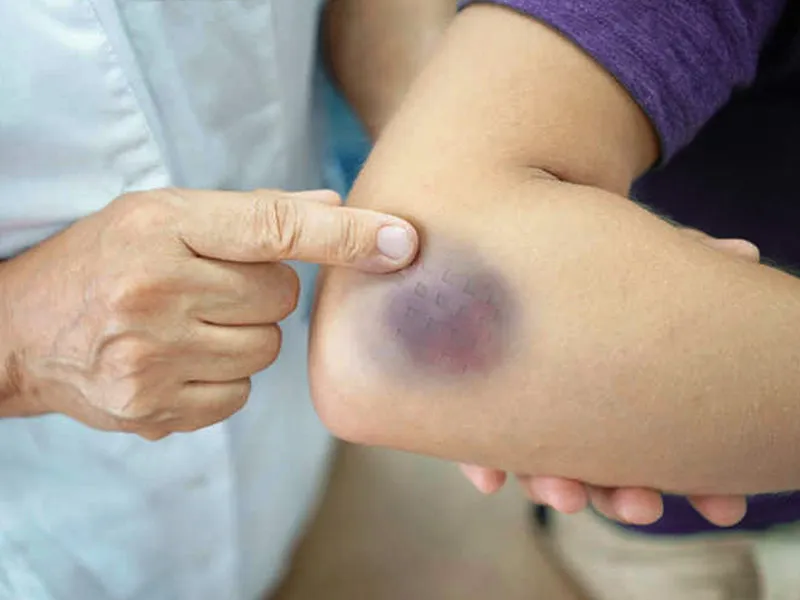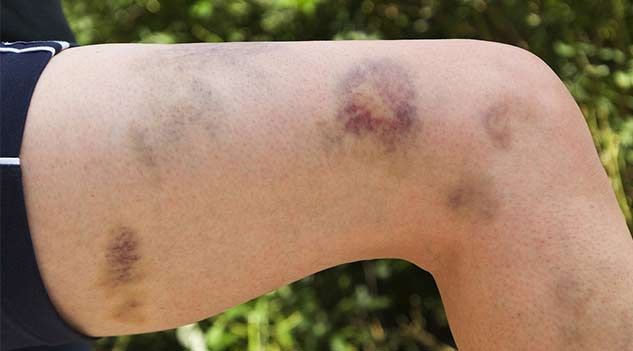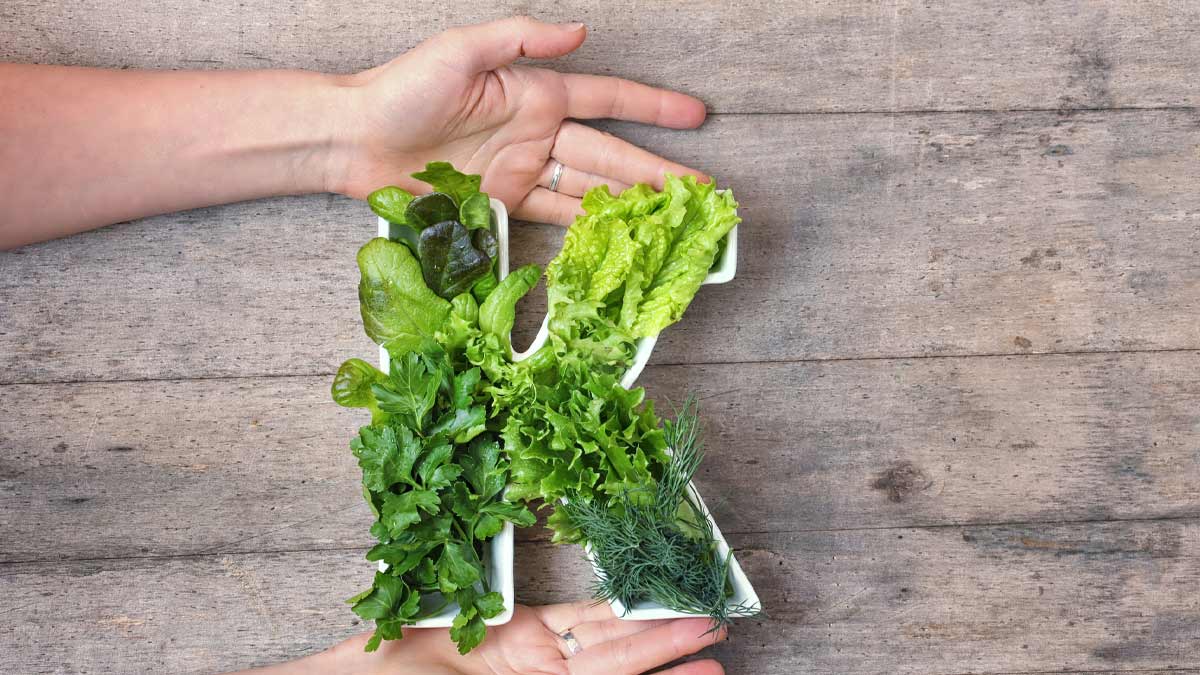
Ever wondered why you seem to bruise at the slightest bump, while others barely get a mark? Bruising easily can be a signal from your body that it needs certain nutrients for stronger blood vessels and skin resilience. While some people are naturally more prone to bruising due to their skin type or genetics, diet plays a crucial role in how easily your body recovers from minor injuries. Here’s a closer look at what may be missing from your diet and how you can fortify yourself against those annoying bruises.
Table of Content:-
Why Do You Bruise Easily?
We asked our expert Dr Shrey Kumar Srivastav, Senior Consultant, Sharda Hospital - Greater Noida, the same question and he answered, "Bruising occurs when small blood vessels near the skin’s surface break, allowing a small amount of blood to leak into surrounding tissue. In people who bruise easily, this process is amplified, and the skin may also take longer to heal. Although it’s common to think bruising easily is just a quirk, it can actually indicate nutrient deficiencies, poor blood circulation, or even dehydration."
If you often notice bruises popping up, even after minor bumps, it may be time to rethink your diet. Adding certain vitamins, minerals, and nutrients can strengthen your blood vessels and skin, making you less prone to bruises. Here are some doctor approved diet tips to consider:

Also Read: Expert Shares A Comprehensive Guide On Benefits Of Vitamin B6 For Mental and Physical Well-Being
Nutrients That Help Prevent Bruising
1. Vitamin C
Vitamin C is essential for the production of collagen, a protein that supports the structure of blood vessels and skin. A lack of vitamin C can lead to weakened blood vessels, making you more prone to bruising.
Sources of Vitamin C: Citrus fruits, strawberries, bell peppers, kiwis, and broccoli are all rich in vitamin C. A daily intake of fresh fruits and vegetables can keep your levels up, making your skin more resilient and helping you recover faster from bumps.

2. Vitamin K
Vitamin K is crucial for blood clotting, which helps to stop bleeding and prevent bruising. People who are low in vitamin K may bruise more easily because their blood doesn't clot as efficiently.
Sources of Vitamin K: Leafy green vegetables like kale, spinach, and Swiss chard are excellent sources. You can also find vitamin K in broccoli, sprouts, and green beans. Adding a serving of greens to your daily diet can help prevent those pesky bruises.
3. Bioflavonoids
Bioflavonoids, also known as flavonoids, are plant compounds that have antioxidant properties and support healthy blood vessels. They work with vitamin C to strengthen capillary walls and reduce the risk of bruising.
Sources of Bioflavonoids: Citrus fruits, berries, onions, and green tea are all great sources. A colourful, plant-based diet rich in fruits and vegetables will ensure you’re getting plenty of bioflavonoids to reinforce your capillaries.
4. Iron
Iron is essential for Red Blood Cell (RBCs) production and helps transport oxygen throughout the body. When iron levels are low, the body has trouble forming healthy blood cells, leading to paler skin and increased bruising.
Sources of Iron: Animal-based sources like lean red meat, poultry, and fish provide easily absorbed iron. Vegetarians can get their iron from beans, lentils, tofu, spinach, and fortified cereals. Combining plant-based iron with vitamin C-rich foods (like spinach with lemon juice) can help with absorption.
Also Read: Chhath Puja 2024 Healthy Fasting Tips For Pregnant Women
5. Zinc
Zinc plays a vital role in tissue repair and wound healing, making it especially important for those who bruise easily. A lack of zinc can delay healing and make skin more prone to injury.
Sources of Zinc: Meat, shellfish, legumes, seeds, and nuts are good sources. Adding pumpkin seeds to your snack routine or incorporating beans into your meals can give you a healthy boost of zinc to promote skin healing.
6. Protein
Protein is necessary for maintaining the structure and repair of tissues, including skin and blood vessels. Low protein intake can lead to fragile blood vessels, making you more susceptible to bruising and slower to heal.
Sources of Protein: Eggs, chicken, fish, tofu, beans, and Greek yoghurt are excellent protein sources. Ensuring you have protein with each meal will support tissue strength and recovery.
When to See a Doctor?
If you notice frequent or severe bruising, it may be worth consulting with a healthcare provider. While nutritional deficiencies are common causes, excessive bruising can also indicate underlying health conditions like blood clotting disorders, liver disease, or certain medications that may need medical attention.
Conclusion
While bumps and bruises are a part of life, a balanced diet rich in vitamins C, K, iron, bioflavonoids, zinc, and protein can help minimise their impact. Ensure your body has the nutrients it needs to maintain strong blood vessels and healthy skin to reduce your chances of bruising and heal faster if you do get a bump.
Also watch this video
How we keep this article up to date:
We work with experts and keep a close eye on the latest in health and wellness. Whenever there is a new research or helpful information, we update our articles with accurate and useful advice.
Current Version